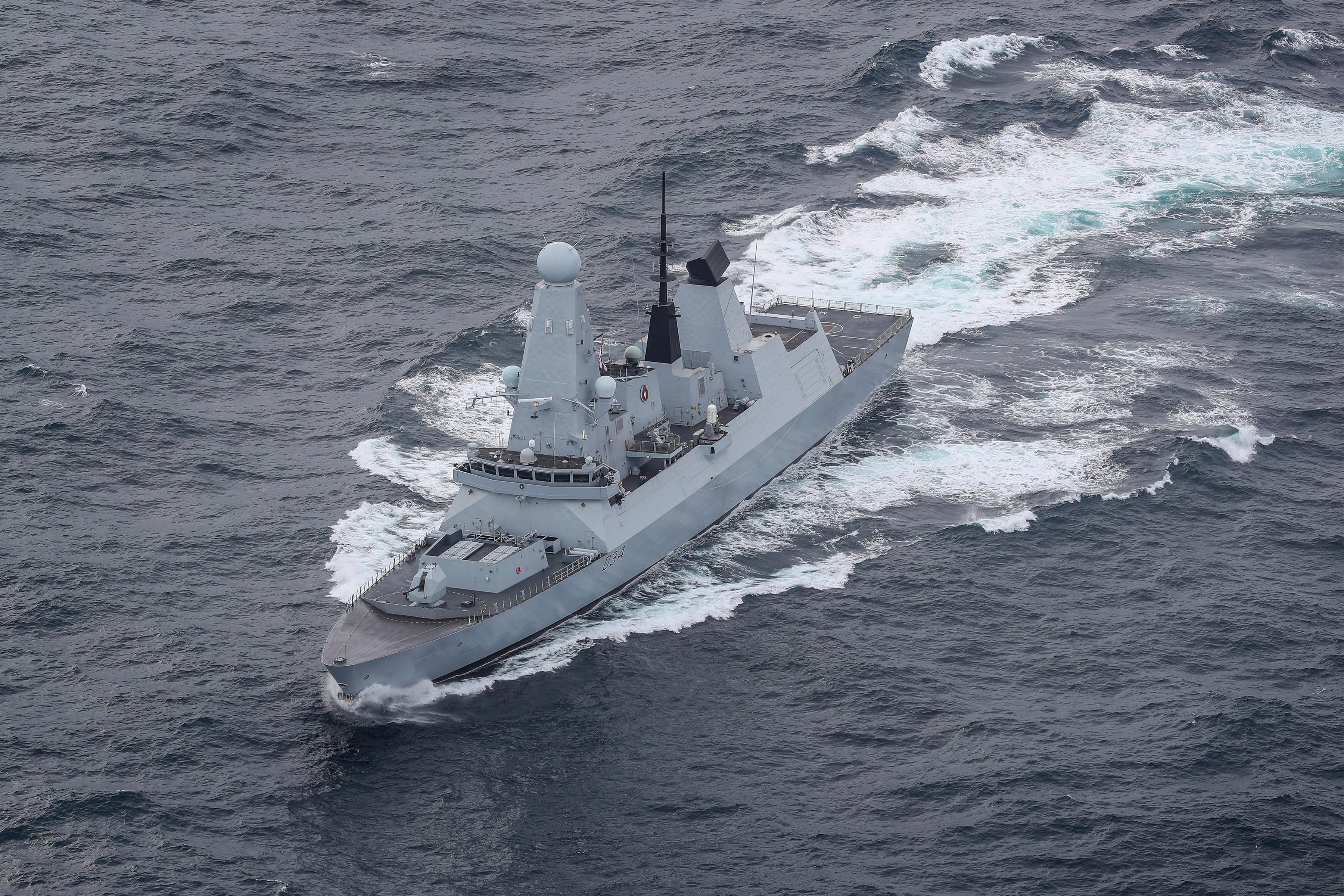A breakthrough in the Israel-Hamas war is necessary for humanitarian and economic reasons
Editorial: Self-interest may yet prove key to dialling down tensions in the Middle East. The attacks on Red Sea shipping lanes – and the knock-on effect for vital supply chains of consumer goods – will focus minds in the West

Israel’s war in Gaza is no longer Israel’s alone – if, indeed, it ever was. We know this not least because, in their various public utterances over the past day or so, both the US secretary of defence, Lloyd Austin, and Benjamin Netanyahu, the Israeli prime minister, have acknowledged as much.
From Mr Austin’s point of view, the recent upsurge in Islamist actions against US forces in Syria and Iraq, and the dramatic attacks on civilian shipping in the Red Sea en route to the Suez Canal and Europe, represents a deeply concerning spread of the conflict. Mr Netanyahu – equally cognisant of the links between Iran and Hamas, Hezbollah, Houthi rebels in Yemen and other rebels groups behind the violence against Western interests – seemed rather less concerned than Mr Austin about the United States getting drawn into a clash with Tehran and its proxies.
It might well suit Israel’s short-term interests to get a superpower more actively involved in challenging Iran. It would not, however, be a wise move for anyone else and, in the longer term, could only make Israel less secure. What is needed, as more and more voices are crying out for now, is a de-escalation of the Israel-Hamas conflict, and a radical change in Israeli tactics and a sustainable ceasefire. The dialling down of tensions has to start in Gaza.
The security risks of Western allies finding themselves in firefights with Iranian-backed groups across the region are severe and potentially catastrophic for regional peace. It is only a matter of months since the Saudi campaign against the Houthis in Yemen – a thinly disguised proxy war with Iran – was ended via Chinese mediation, and the peace is fragile. Across the Gulf of Yemen, on the Horn of Africa, Somalia remains a cause of instability and source of piracy.
The White House, rightly doesn’t relish getting involved in its own proxy war with Iran, not least because it already has the security of Gaza, Ukraine and Taiwan to contend with, as well as growing tensions with Russia and China. Yet now, the attacks on Western shipping are accelerating – and with it, the supply of oil, raw materials, components and consumer goods to and from East Asia is in jeopardy. Protecting them risks confronting Iran.
Economics is thus another reason for the West to bring the conflict in Gaza under control, clearly proportionate and within international law – the effect on trade and vital supply chains. The last thing the world economy needs now is another inflation shock and a ramping-up of oil prices, but that may well soon materialise.
The Red Sea is at its narrowest point in the Bab-el-Mandeb strait between Yemen and Djibouti, the gateway to the Suez Canal, the Middle East and Europe. At 29km (18 miles) wide, it is only slightly narrower than the closest points between Britain and France in the English Channel, and also extremely busy. The Bab-el-Mandeb strait is today the weakest link in global supply chains, increasingly vulnerable to Iranian-inspired, low-tech assaults on shipping by hostile forces in Yemen with rockets, drones and pirates keen to hijack vessels.
All of this is already happening, and major operators from Maersk to BP have had enough. They have declared that they will abandon the route in favour of the long journey around Africa, past the Cape of Good Hope – adding delays and costs to supplies. From the price of petrol to the availability of the latest smartphones, the impact of the spread of this war will be deeply damaging.
It is a matter of urgency. Some 15 per cent of goods imported into Europe, the Middle East and North Africa are shipped from Asia and the Gulf by sea, including a fifth of refined oil and more than a tenth of crude oil. Disruption to such supplies could conceivably push economies such as Britain’s into recession.
Meanwhile, Vladimir Putin is gaining some tactical advantages in Ukraine because of America’s failure to supply funds and weapons. These are hazardous times indeed. A multinational naval force backed by the United States, United Kingdom, Bahrain, Canada, France, Italy, Netherlands, Norway, Seychelles and Spain will attempt to protect cargo in the area, but there is only so much they can do – and the trajectory of military escalation carries its own momentum: far better to get the Gaza conflict winding down.
The genuine horror felt across the globe at the atrocities of 7 October is giving way alarmingly to a lack of support for Israel, especially as Israel seems little closer to achieving its war aims – breaking Hamas and freeing the hostages. Hamas may well have plotted it this way when they started the war. They could release hostages and ease tensions and the bombings immediately if they wished to. But that is no reason for Israel to carry on prosecuting the war as if it is in a “killing rage”, as the former defence secretary Ben Wallace called it.
It is serving no one well – not even Mr Netanyahu.



Join our commenting forum
Join thought-provoking conversations, follow other Independent readers and see their replies
Comments